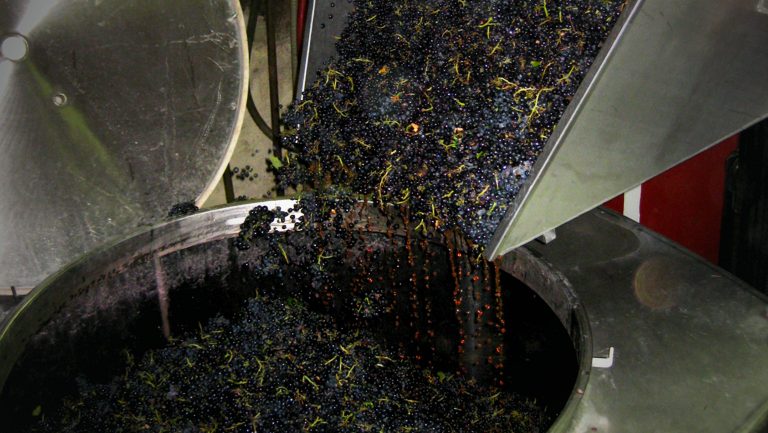
The Science of Carbonic Maceration in Wine
Carbonic maceration is known for creating lighter, fresher red wines, especially in Beaujolais, but research points to even more new applications for the technique

Carbonic maceration is known for creating lighter, fresher red wines, especially in Beaujolais, but research points to even more new applications for the technique
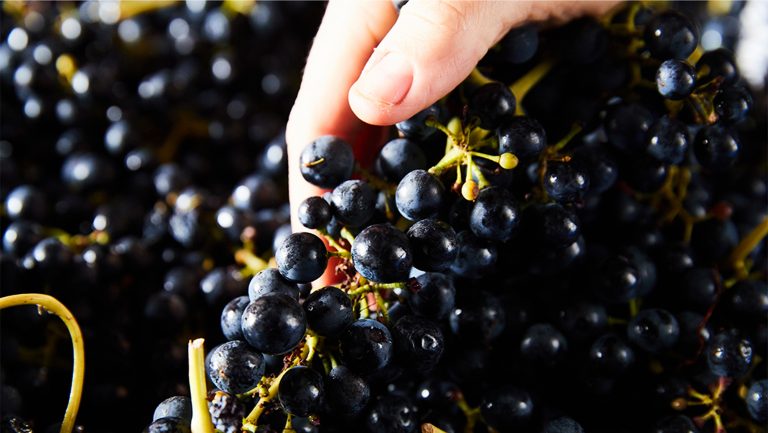
This tiny, complex chemical compound brings peppery notes to Syrah and other red grape varieties, but much about it remains a mystery
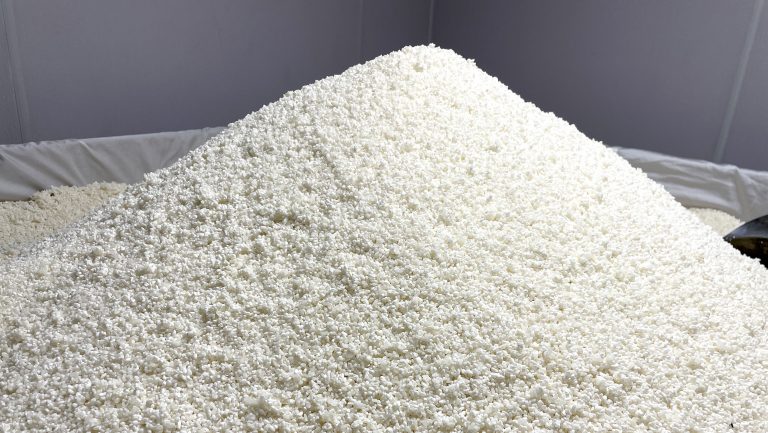
A key ingredient in the production of Japan’s most iconic foods and drinks, koji mold lies at the heart of the sake brewing process
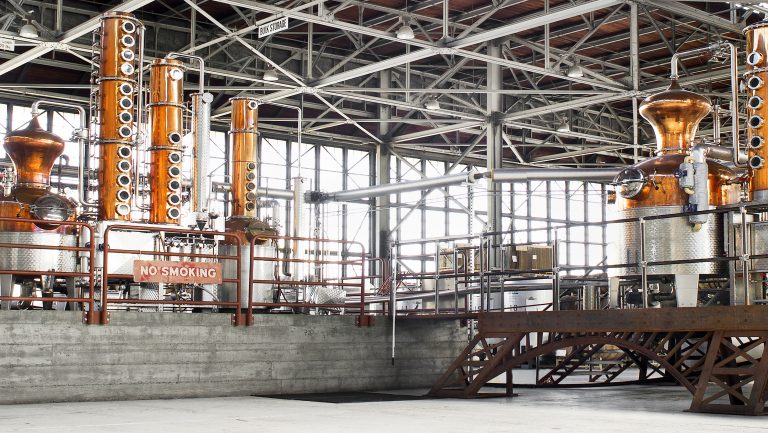
From the finesse of vapor infusion to the practicalities of batch distillation, the chosen botanical extraction method has a profound impact on the profile of the finished gin
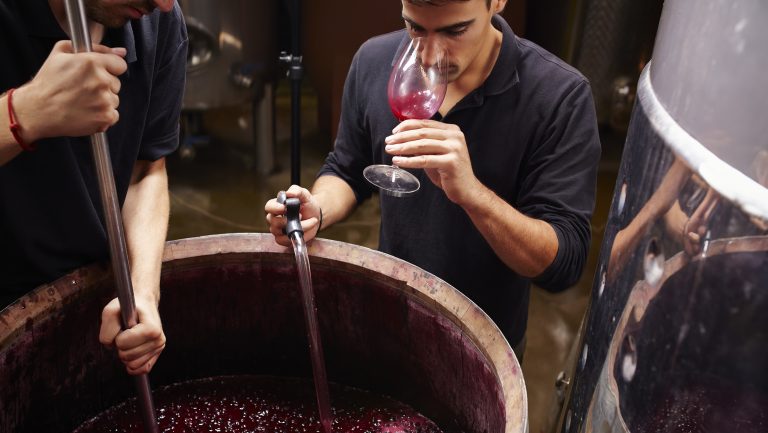
Volatile sulfur compounds are polarizing aromas that can smell like anything from rotten eggs to struck match and beyond. How do they occur during viticulture and vinification—and are we thinking about them all wrong?
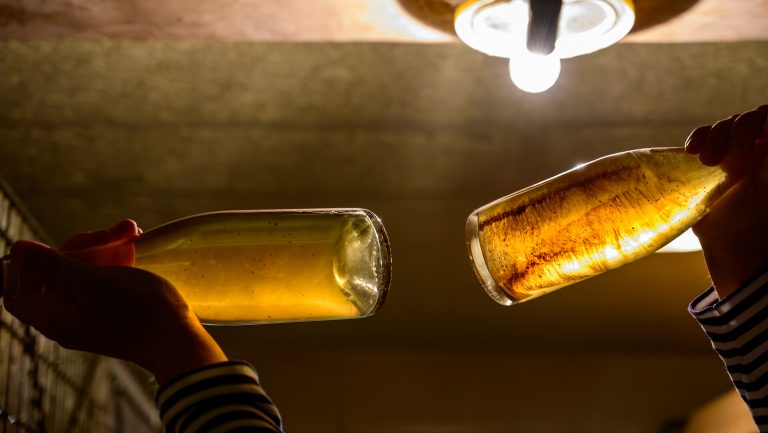
Lees aging not only yields attractive aromas and textures for still and sparkling wines alike—it also prevents oxidation and structural instability. Here’s how
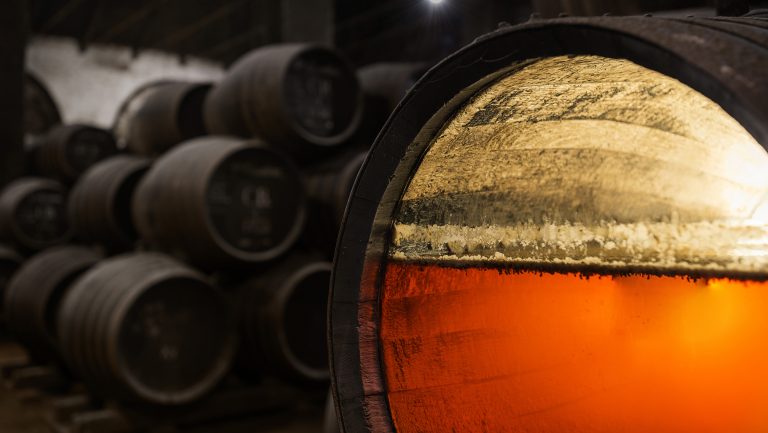
Best known for its role in sherry and vin jaune, flor imparts unique structure and flavor to wine. What conditions create a veil of flor—and how, exactly, does it impact wine style?
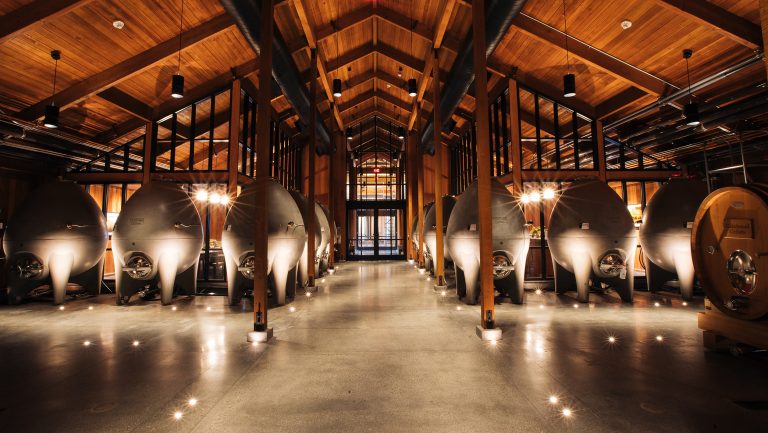
Some winemakers promise this increasingly popular fermenting and aging vessel offers softer tannins and greater depth of flavor—but others are on the fence
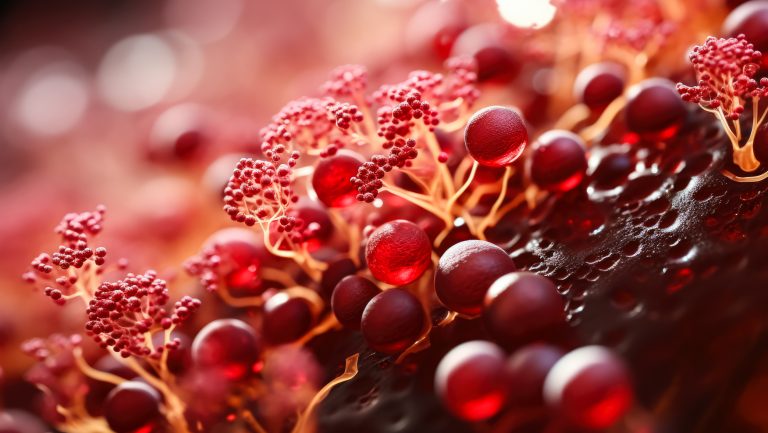
Rising alcohol levels in wine due, in part, to a warming climate are prompting winemakers to look for alternative yeast strains beyond Saccharomyces cerevisiae
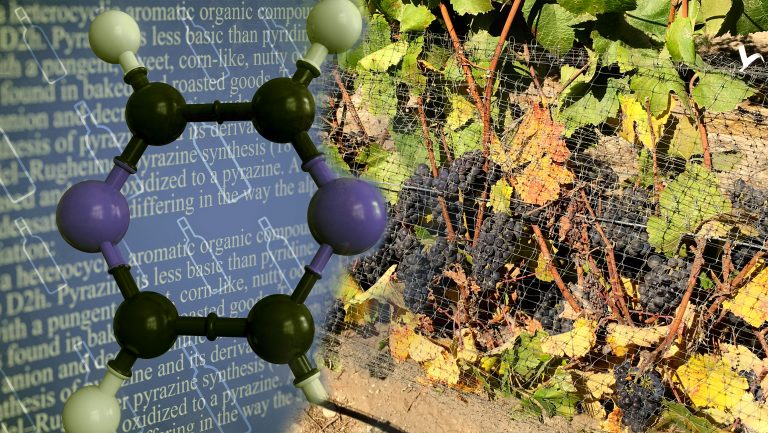
Understanding the divisive aroma compounds best known for creating green notes like bell pepper and grass in Bordeaux grapes
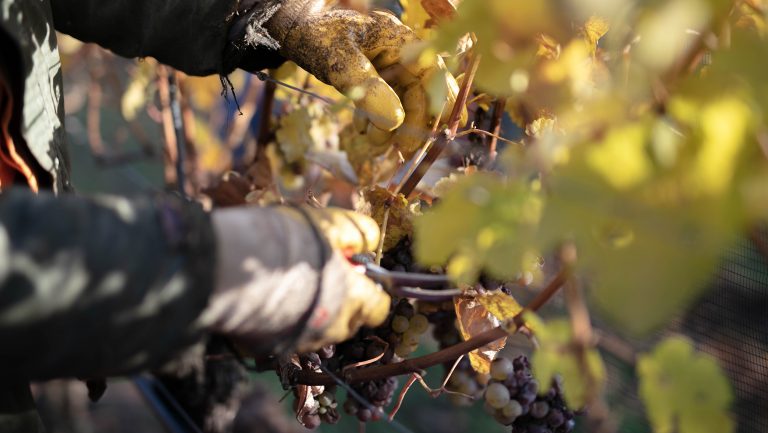
Botrytis cinerea can ruin a grape harvest—or lead to some of the world’s most coveted wines. Researchers investigate why this happens and how it affects both the grapes and the finished wine

When large bodies of water, like the Pacific Ocean, create temperature inversions in the atmosphere, it upends growing norms for coastal and mountain vineyards
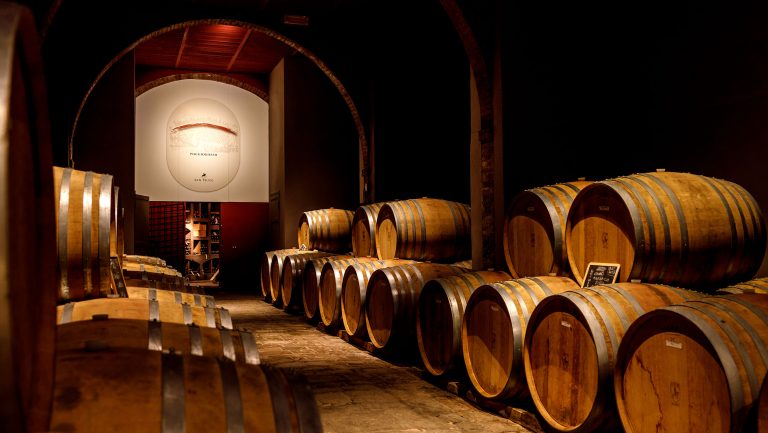
Cooler temperatures and higher humidity in barrel-aging rooms can create fresher, cleaner wines, but the impact of a warming climate poses challenges to these ideal conditions